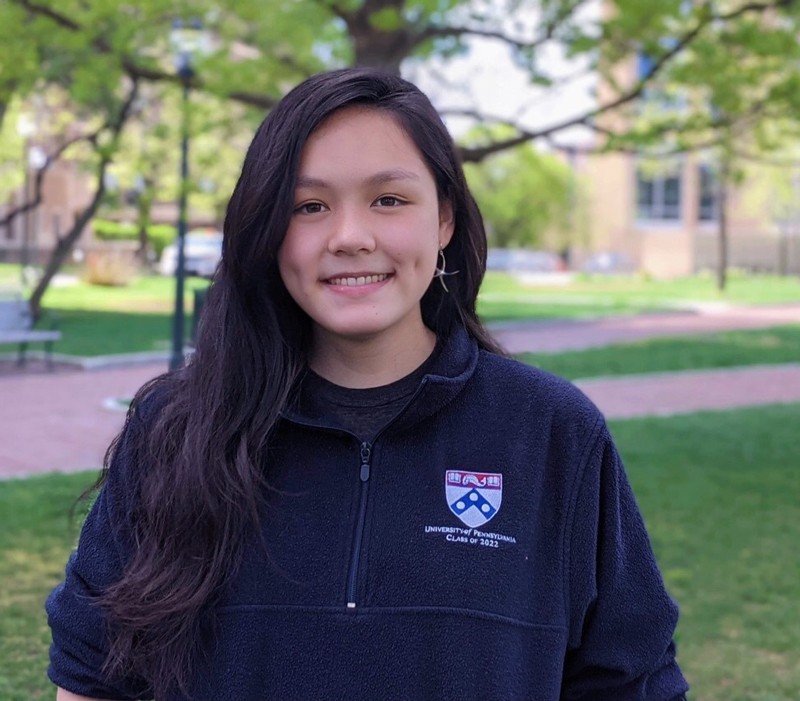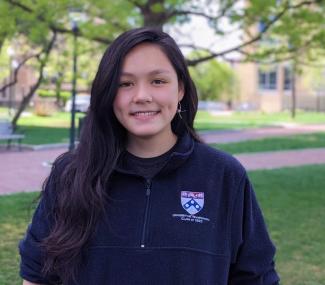Undergraduates often find research opportunities through university labs and government programmes. The experience can boost their confidence and develop their interest in pursuing careers in science, technology, engineering and mathematics. But when the COVID-19 pandemic started, many of these programmes were cancelled, and others restricted the number of participants.
Students adapted by seeking out opportunities through university alumni networks or conducting scientific projects at home. Nature asked five undergraduates about their experiences of doing research as competition for places increased during the pandemic, and about their advice for other early-career scientists.
ANGELA SCHMITT: Work on your writing skills
Angela Schmitt is a biologist and third-year undergraduate student at the University of Pennsylvania in Philadelphia.

Angela Schmitt.Credit: Landon Butler
My first research experience was from mid-September to December 2020. I worked with Katie Barott, a marine biologist at the University of Pennsylvania in Philadelphia who studies the ecology and reproduction of corals and anemones. Her laboratory does a lot of work in Hawaii, where I grew up, surrounded by nature and the ocean.
I did wet-lab work at home, testing how sodium bicarbonate affects sperm movement in anemones, which can spawn in the lab if the environmental conditions are right. My mentor — Kelsey Speer, a postdoctoral researcher at the lab — sent me a giant box of supplies that had reef salt to make salt water, an aquarium light and a water pump. Her friend collected anemones from New Jersey and sent them to my grandparents’ house in Connecticut, where I was living at the time.
I set up a lab in my study room. The set-up took up two large tables. My grandma kept calling the shrimp I had to feed the anemones “maggots”, but she and my grandad were pretty impressed overall and thought I was a real scientist.
Doing research was intimidating in the beginning: my main priority was keeping 35 anemones alive. My mentor and I had weekly Zoom calls to discuss any issues I had. It was different from being in the lab with a mentor who could walk me through each piece of equipment and explain how the lab works. I had hoped to gain skills that would apply to other labs, such as running polymerase chain reaction (PCR) tests and using microscopy techniques. I would probably feel more confident if I had a research experience in the lab, and I’d be better connected to the other lab members, too.
This remote research experience was great for honing my writing skills. I wrote a research proposal at the beginning of the project and submitted a final paper at the end. Kelsey did a great job mentoring me through the writing process. She explained what kind of language to use and which types of graph and figure to include. She also sent me a microscope, so I learnt how to assemble, use and disassemble it.
Although none of the anemones ended up spawning by the end of my experiment, I developed skills for doing scientific research. My advice to others is don’t give up. Contact professors you are interested in working with, because a lot of them are committed to providing research opportunities to undergraduate students during the pandemic. There are still ways to gain research experience and write scientific papers from home.
To read the complete article, click here

